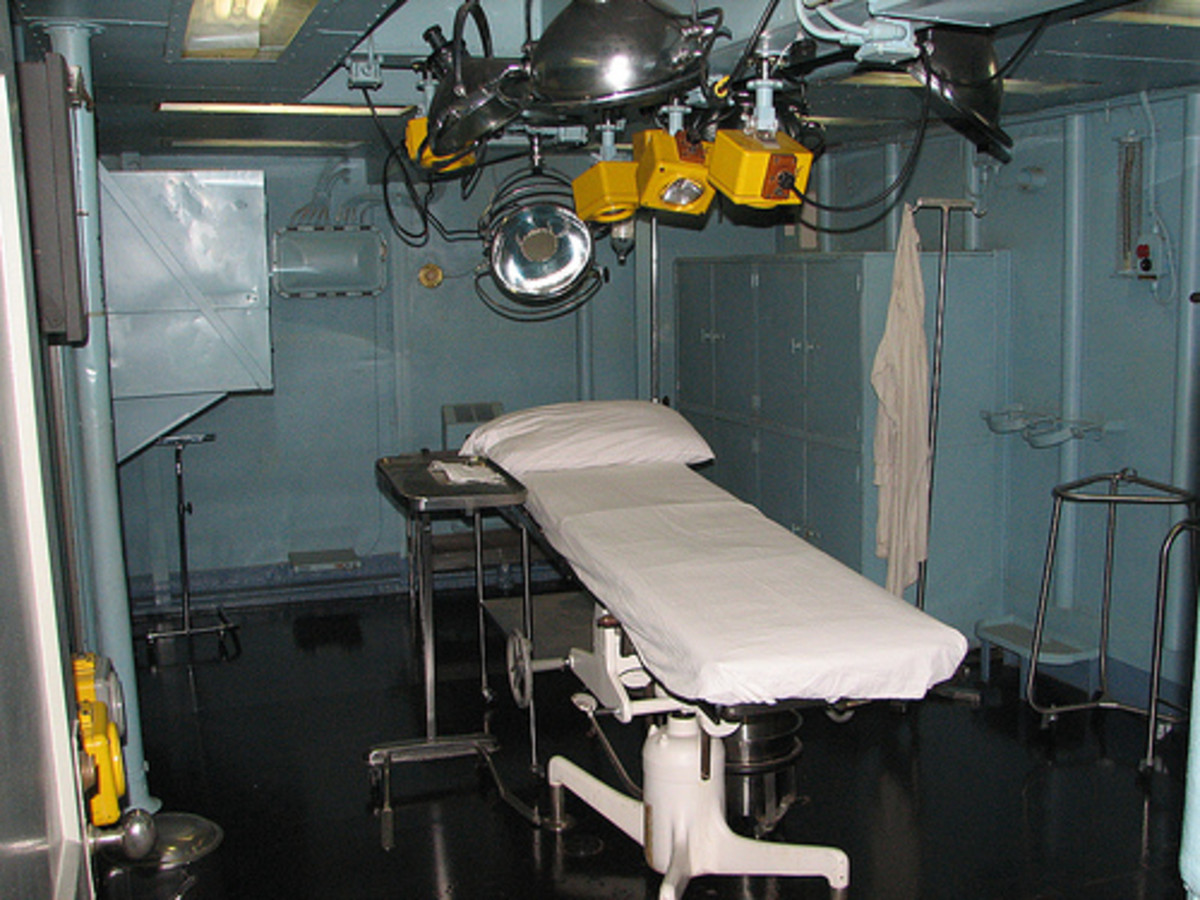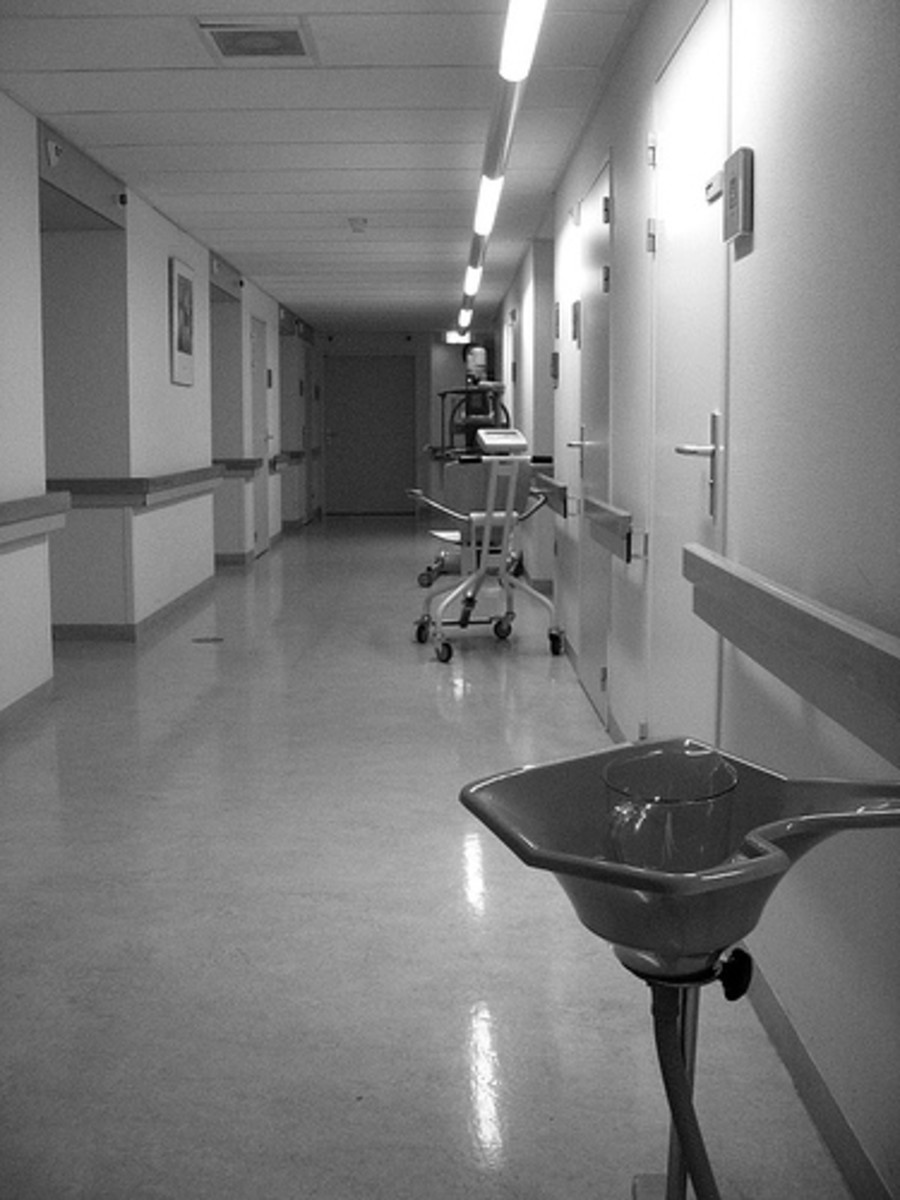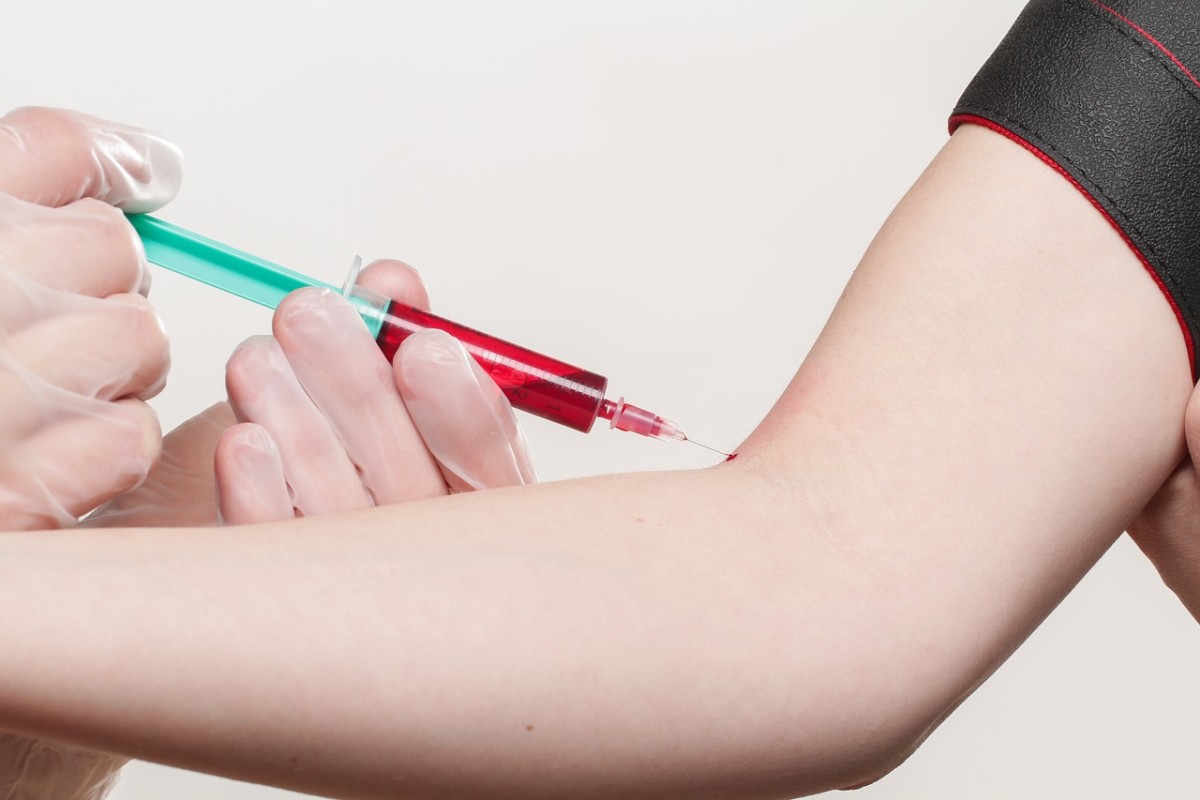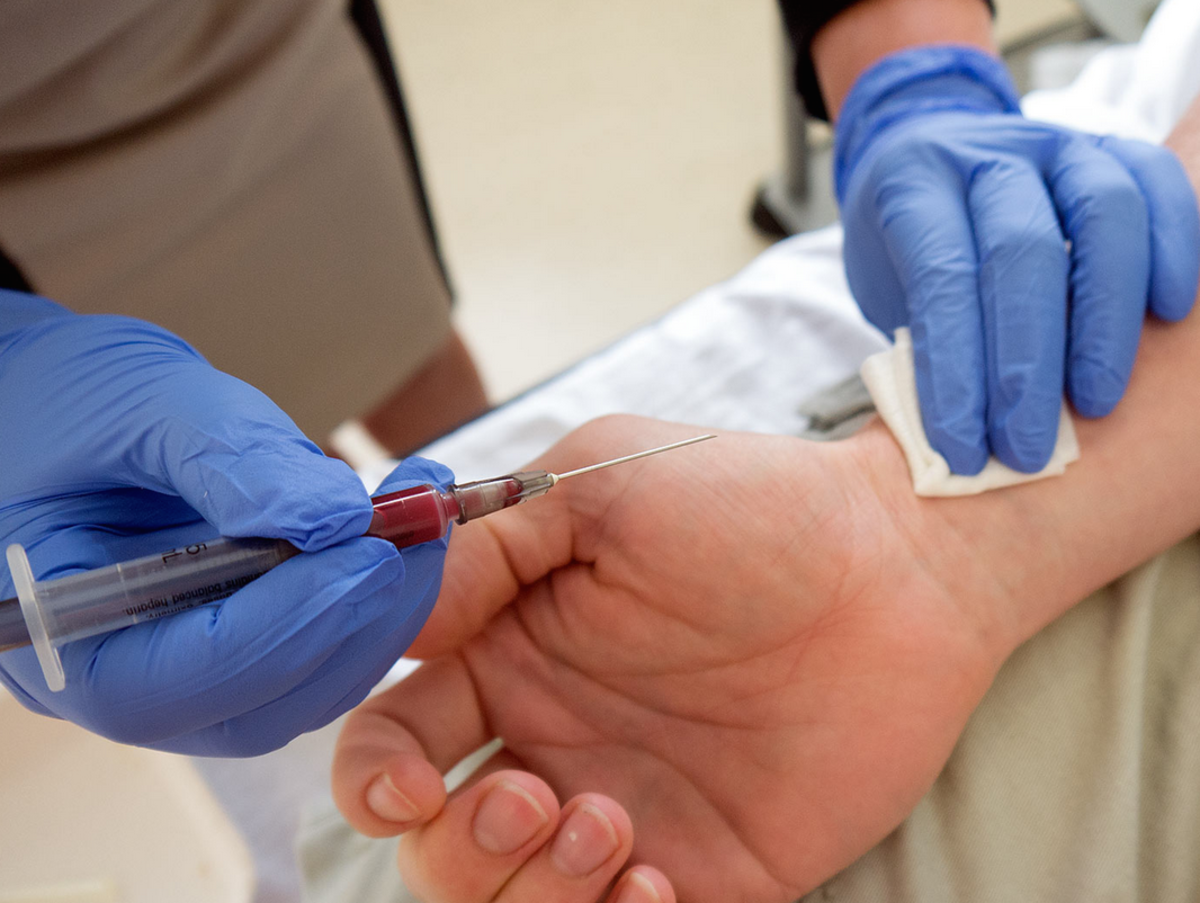Medical Student Electives - How to get the most benefit from your Clinical Rotation - part 2
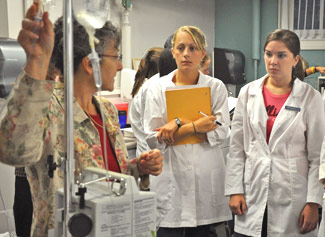
Getting the most out of your Clinical Rotation:
1. Be organized
Being organized helps by not keeping your mind busy with less important things. It's tough to concentrate on what is being explained if you keep thinking about the errands you haven't yet run. Try making "to-do" lists and stick with them.
In terms of medical knowledge, set goals for yourself, try to figure out what it is you want to know/be able to do by the end of the rotation. This will help you focus your efforts. A bonus to being organized and geared toward your goals is that you'll seem like you're actually busy, not just roaming the halls of the hospital getting in everybody's way :)
2. Ask questions
The best memory aid out there is asking questions. Even if you have already read about a topic, there are always details you might of missed. Don't hesitate to ask whatever it is you don't understand. Ask as many as you can because people actually enjoy feeling useful and teaching you things!
3. Know your patients
Try to keep a notebook/file with data concerning the patients in the clinic. This doesn't need to be official, just have some notes written down. This way you will always know who is who and who has what. If you're not good with remembering names, this will certainly come in handy when you go talk to a patient. Keep notes about personal things as well, not just disease journals. If it is their birthday, do congratulate them! There is nothing worse than being in the hospital for your birthday. Try to understand what they do for a living, know how many kids they have etc.
Everyone will appreciate it if you do this. Doctors and even nurses often don't have the time to talk to their patients, but you have more time on your hands and less responsibility. Don't miss out on this wonderful chance to make a difference!
4. Try to assist in practical procedures
Depending on where you study, the clinical rotations can be more or less oriented towards students learning practical procedures. Knowing how to do simple procedures even as a medical student helps you in many ways:
- you lock in theoretical knowledge by actually doing the procedures you read about
- you gain confidence and motivation
- you develop reflexes. In an emergency situation you will not need to think about what to do next. It will come naturally and you won't screw up.
5. Ask about research
Medicine would not go anywhere without research. Believe it or not, you are the future of humanity. This may sound as a bit of a burden but in fact, you and your colleagues will decide how we will be treated 50-100 years from now.
Always ask the doctors about research programs and how to get involved. You may not do an learn very much at first, but you will become open to new ideas. You will learn how to read a medical text critically to judge its value. You may even be taking your first steps towards discovering a cure for cancer. You never know unless you try.
6. Know the hospital staff
Above I mentioned learning patients' names. It is equally important (or even more important) to know the names of the staff at the hospital. I'm not just talking about the professors and doctors. Everybody is important in a hospital. Learn the names of the nurses, accountants, janitors. Be a people person because medicine is built around interactions with others. You need everybody just as much as they need you. Be gentle and have common-sense and you will get far. Your new friends will help you along the way.
This is an awesome book:
7. Know your colleagues
Your colleagues are not your enemies!! They are not there to take your place or to beat you to some goal. You will all become doctors eventually and will need to work together. Get to know your colleagues, know who is good at what, learn from them. The fact that you are all different is a good thing, because you will become more tolerant.
Have fun with them, joke around, go to parties together, help each other move etc. Be a team because together you will do much more. Just picture this in the future: You and your medical school friends opening up a private clinic together.
Being a selfish back-stabber will only distance you from the very people you will work with and guess what? Nobody wants to work with such people. So again, try to have some common-sense.
8. Quizzes with your colleagues
Nobody really knows that much in medical school are still mountains of books to be read before actually treating patients. While doing your rotations, try to have quizzes with your colleagues to get you motivated to learn the subject better. Don't do it as a competition, make it friendly and constructive. You will all gain a whole lot by playing with the information you read.
Quick question
What kind of doctor do you want to become?
Amazon always giving us cool things:
Some of my other hubs:
- Medical Student Electives - How to get the most benefit from your Clinical Rotation - part 1
Okay, so if you're reading this you may be a medical student, might have a medical student friend or you're simply interested in how clinical rotations are organized. A clinical rotation means you will be... - Problems faced by first year college students
Before we dive into the problems please remember that college is also meant to be fun! Never forget that and give yourself time to pursue your hobbies, to hang out with friends, to go out. College was never... - Earthquake Kit - Make Your Own
Japan, 11th March 2011. The greatest earthquake ever recorded in the country, measuring a whooping 8.9 degrees on the Richter scale, hit the country. Followed by a tsunami wave, it claimed a great number of...
Thanks for reading!




